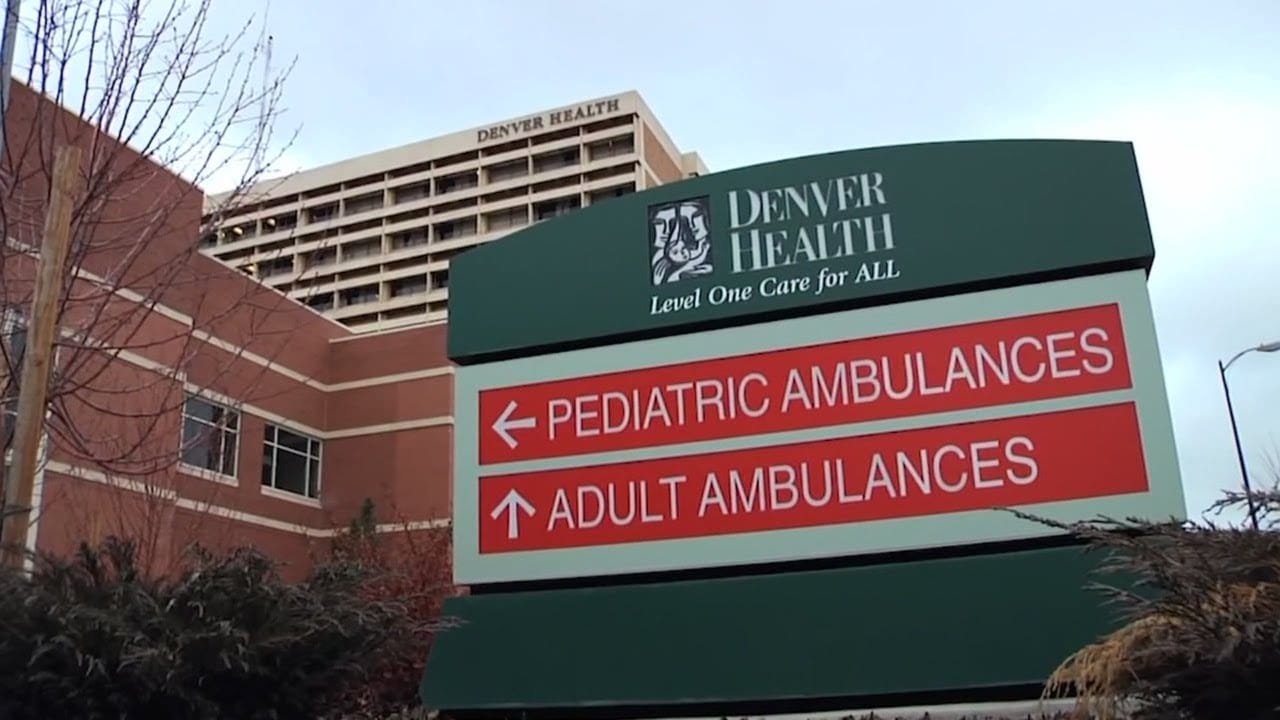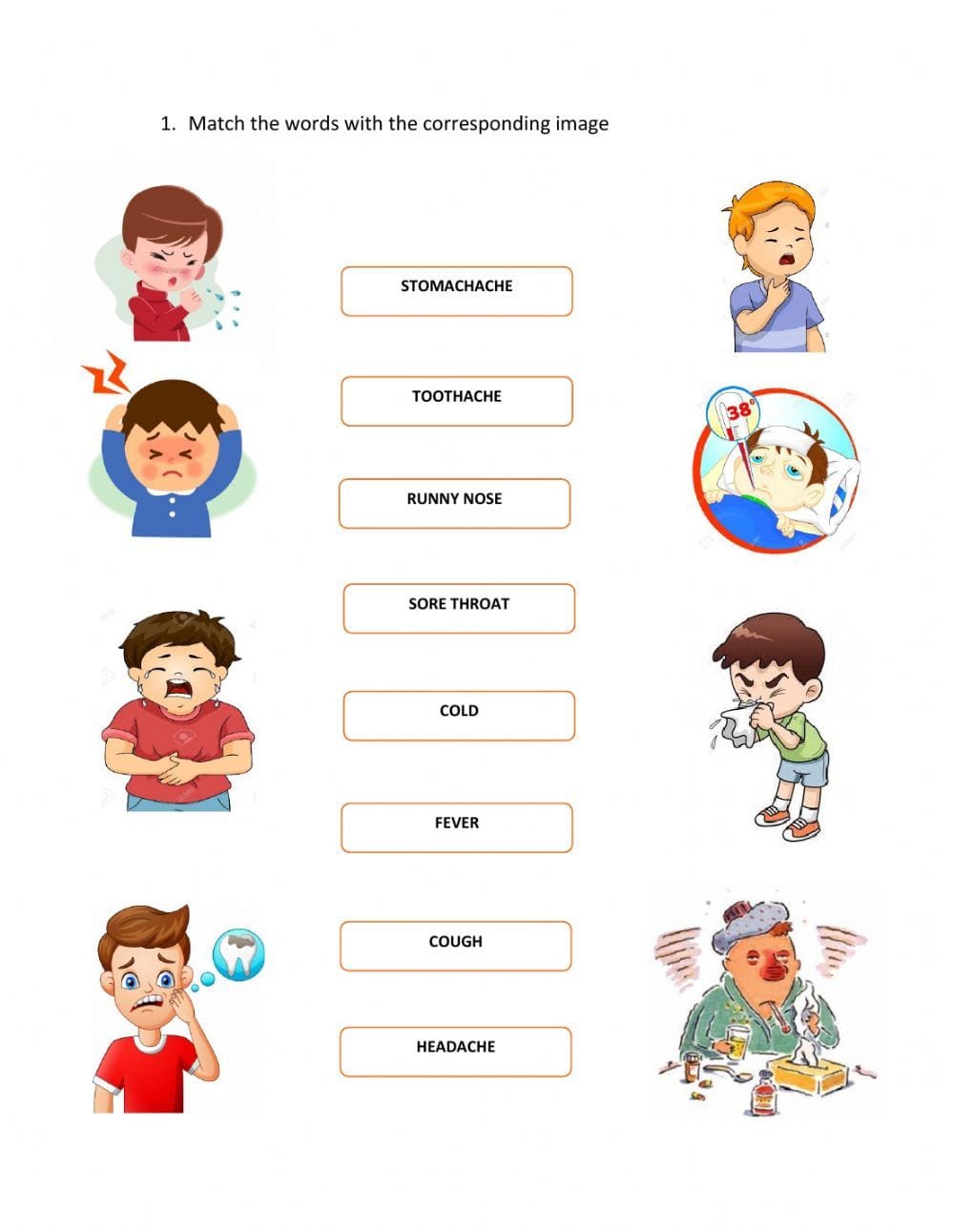In recent days, Colorado health authorities confirmed a second case of measles involving an infant within Denver. This alarming development has led to significant concern in the community, particularly among those who may have been in close proximity to the child. Health officials from the Colorado Department of Public Health and Environment (CDPHE) are urging anyone who visited the Denver Health Emergency Room (ER) during specific dates to monitor their health and take the necessary precautions.
Measles is a highly contagious viral infection that can lead to severe complications. It spreads through respiratory droplets when an infected person coughs or sneezes. The measles virus remains viable on surfaces and in the air for several hours, meaning that individuals who are unvaccinated or lack immunity could potentially contract the virus simply by being in the same environment as someone infected. In light of this confirmation, the CDPHE is reaching out to those who utilized the Denver Health ER services around the timeframe of the infant’s visit.
Health officials have outlined the time period during which individuals may have been exposed, specifically the dates when the infant was present at the hospital. They emphasize the importance of vaccination and immunity assessments for all age groups, especially for those who interact frequently with young children, such as parents, caregivers, and healthcare workers. Vaccination not only protects individuals, but it also contributes to community immunity, safeguarding the most vulnerable populations, such as infants and individuals with compromised immune systems.
The first case of measles this year was reported in a different infant earlier in the month. Both cases highlight the resilience of this viral disease and underscore the importance of maintaining high vaccination rates in the community. It is essential to note that measles was declared eliminated in the United States in 2000, thanks to effective vaccination campaigns. However, outbreaks still occur, particularly among unvaccinated populations, prompting concerns among health officials.
Unlike many other viral infections, measles can lead to severe health complications, including pneumonia, encephalitis, and even death in more extreme cases. Symptoms typically develop about 10 to 14 days after exposure and may include high fever, cough, runny nose, and the hallmark measles rash. Individuals who suspect they have been exposed to someone with measles or who exhibit symptoms should contact their healthcare provider immediately to discuss testing and possible isolation measures.
The response from the public health officials in Denver has included heightened surveillance for potential cases of measles, as well as increased public awareness campaigns to inform community members about the signs and symptoms of the disease. They are also advocating for parents to ensure that their children are up to date with their MMR (measles, mumps, rubella) vaccinations. The MMR vaccine is highly effective, with two doses providing approximately 97% immunity against measles.
In addition to vaccination efforts, local health departments are working closely with hospitals, schools, and daycare centers to monitor for symptoms and increase knowledge about prevention. Public health messaging is a critical component of their strategy, as community awareness plays a vital role in preventing outbreaks.
As the situation continues to evolve, health officials are monitoring not only the two known cases but potential new cases that may arise. Residents are advised to remain vigilant about their immunity status, especially if they have recently traveled or been in crowded areas. The importance of communication with healthcare providers cannot be overstated, as they are the frontline in identifying and managing cases of measles.
In response to this outbreak, the Denver Health campus has reassured the public regarding safety measures that have been implemented in its facilities. Enhanced cleaning protocols, combined with staff education on infectious disease protocols, are being observed to minimize the risk of any further transmission.
While vaccination remains the most effective barrier against measles, the current outbreak serves as a reminder of the persistent nature of vaccine-preventable diseases. Public health experts continue to stress that measles can impact anyone who is unvaccinated or who may have a weakened immune system, making communities vulnerable to outbreaks if vaccination rates decline.
As this situation unfolds, residents are encouraged to stay informed through reliable sources such as the CDPHE and their local health departments. Ongoing updates about the cases and recommendations for the public will play a crucial role in addressing and mitigating this public health concern. It is essential for individuals, families, and communities to remain proactive in safeguarding their health and the health of those around them through vaccination and awareness.
In conclusion, the confirmation of a second measles case in Denver illustrates the vital importance of maintaining high vaccination rates and awareness around potential exposures. With the backing of public health initiatives and community involvement, the spread of measles can be contained, protecting the health of the wider community.


